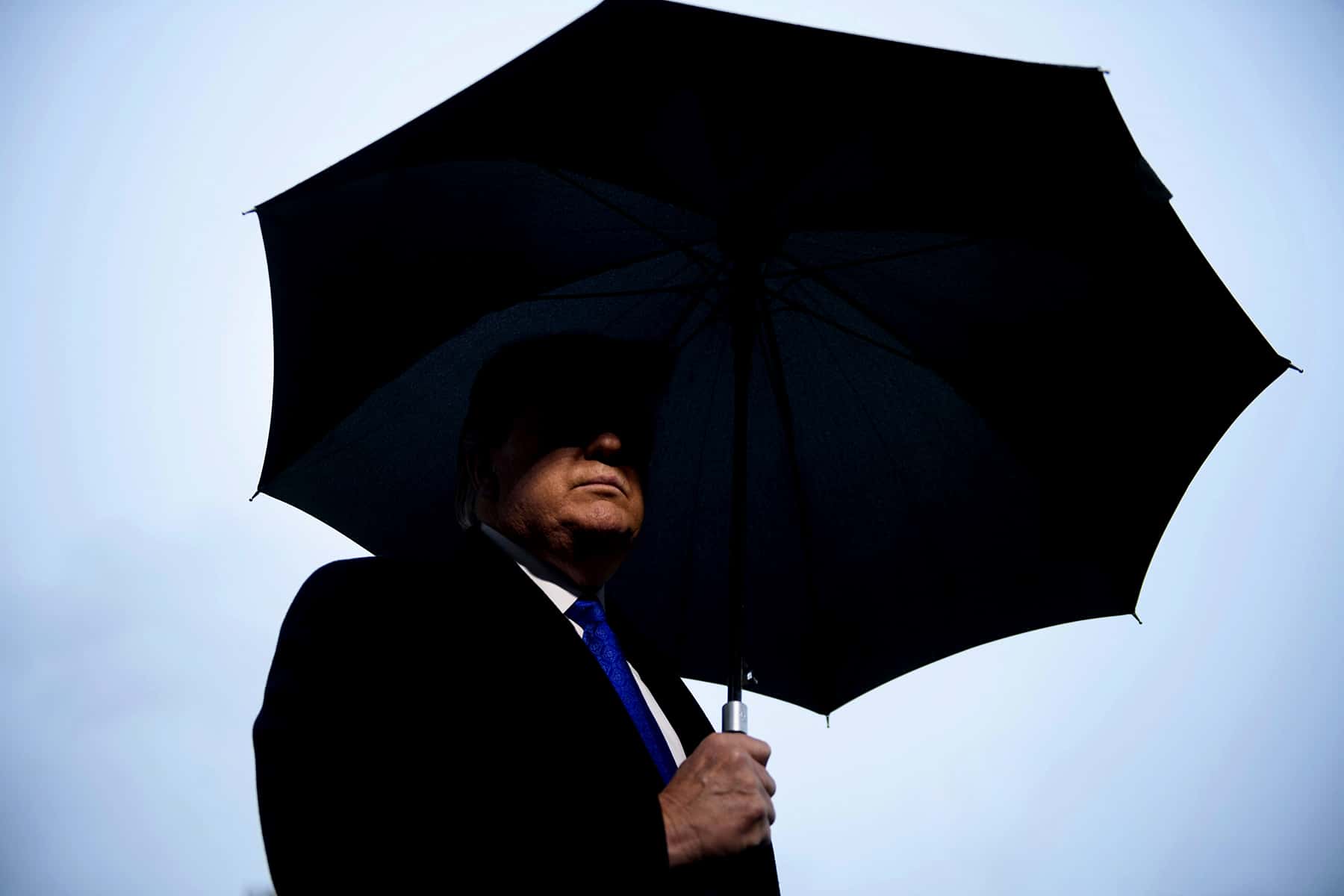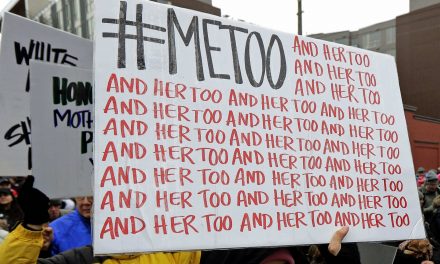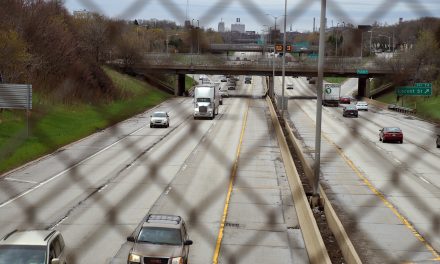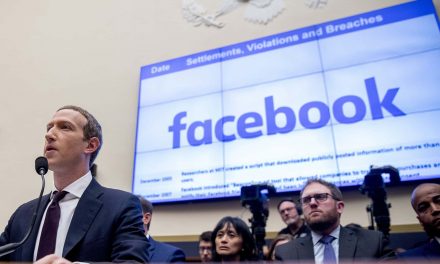
Republicans across the country have embraced a similar refrain as they push for new restrictions on voting. A significant chunk of the American electorate doesn’t have confidence in the results of the 2020 election, they argue, so new laws to restore “integrity” to elections are needed.
There is no evidence of widespread fraud or other irregularities in the November 2020 election, which officials said was the “most secure” in American history. Nonetheless, public opinion polls regarding the integrity of the 2020 vote are alarming. Nearly a third of Americans believe Joe Biden won the presidency due to voter fraud, one June poll from Monmouth University found. More than half of Republicans believe Trump is the “true president,” a May Reuters/Ipsos poll showed, a percentage that has remained relatively stable since November.
But even while Republicans express concern about voter confidence, they have not acknowledged the force that is driving it: Donald Trump. Both before and after the election, Trump and his allies attacked the integrity of the vote, claiming the results could not be trusted.
A new study, The Effects of Unsubstantiated Claims of Voter Fraud on Confidence in Elections, sheds light on just how damaging those claims are.
After the 2018 election, a team of researchers surveyed more than 4,200 people and exposed them to tweets claiming voter fraud. The people in the study either saw non-political tweets, or a series of tweets from politicians alleging voter fraud. Some participants saw a series of factchecking tweets after they saw the voter fraud ones.
The people who saw the voter fraud tweets reported less confidence in elections than those who saw non-political tweets, the study found. The factchecks did not have a measurable effect on voter confidence.
“Our results show that exposure to unsubstantiated claims of voter fraud from prominent Republicans reduces confidence in elections, especially among Republicans and individuals who approve of Donald Trump’s performance in office,” researchers wrote in the study, published this week in the Journal of Experimental Political Science. “Worryingly, exposure to fact-checks that show these claims to be unfounded does not measurably reduce the damage from these accusations.”
“The results suggest that unsubstantiated claims of voter fraud undermine the public’s confidence in elections, particularly when the claims are politically congenial, and that these effects cannot easily be ameliorated by fact-checks or counter-messaging.”
The study leaves unanswered how exactly elected officials and other experts can go about restoring voter confidence after a politician claims fraud. The researchers suggest studying whether factchecks from GOP figures and conservative news outlets might help restore voter confidence.
“Dismissals from prominent Republican officials themselves might be more influential as they signal intra-party disagreement,” they write. “However, such messengers may alternatively be subject to negative evaluation by way of a “black sheep effect.”
Sаm Lеvіnе
Portions originally published on The Guardian as Researchers reveal corrosive power of Trump’s lie of a stolen election
Help deliver the independent journalism that the world needs, make a contribution of support to The Guardian.














